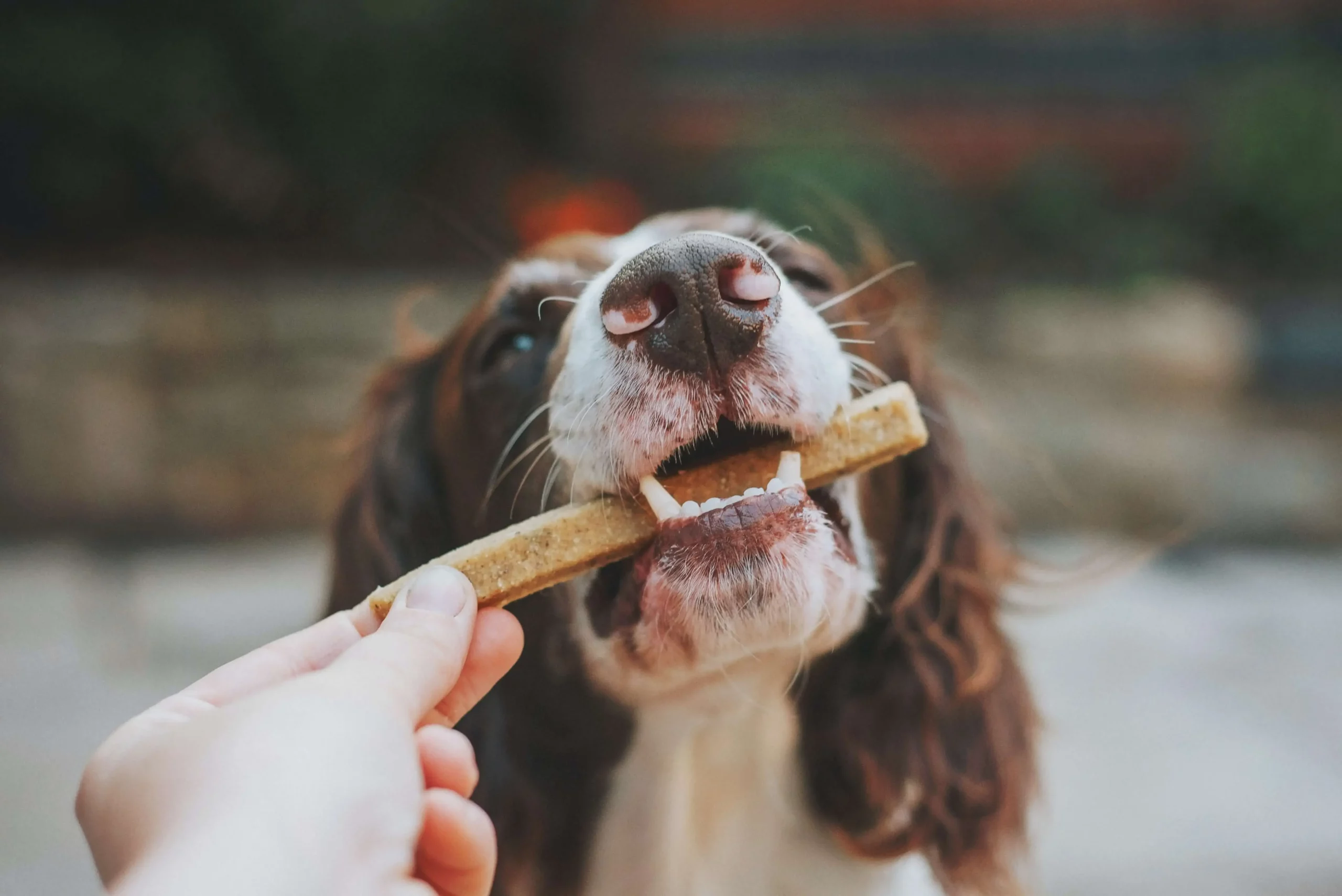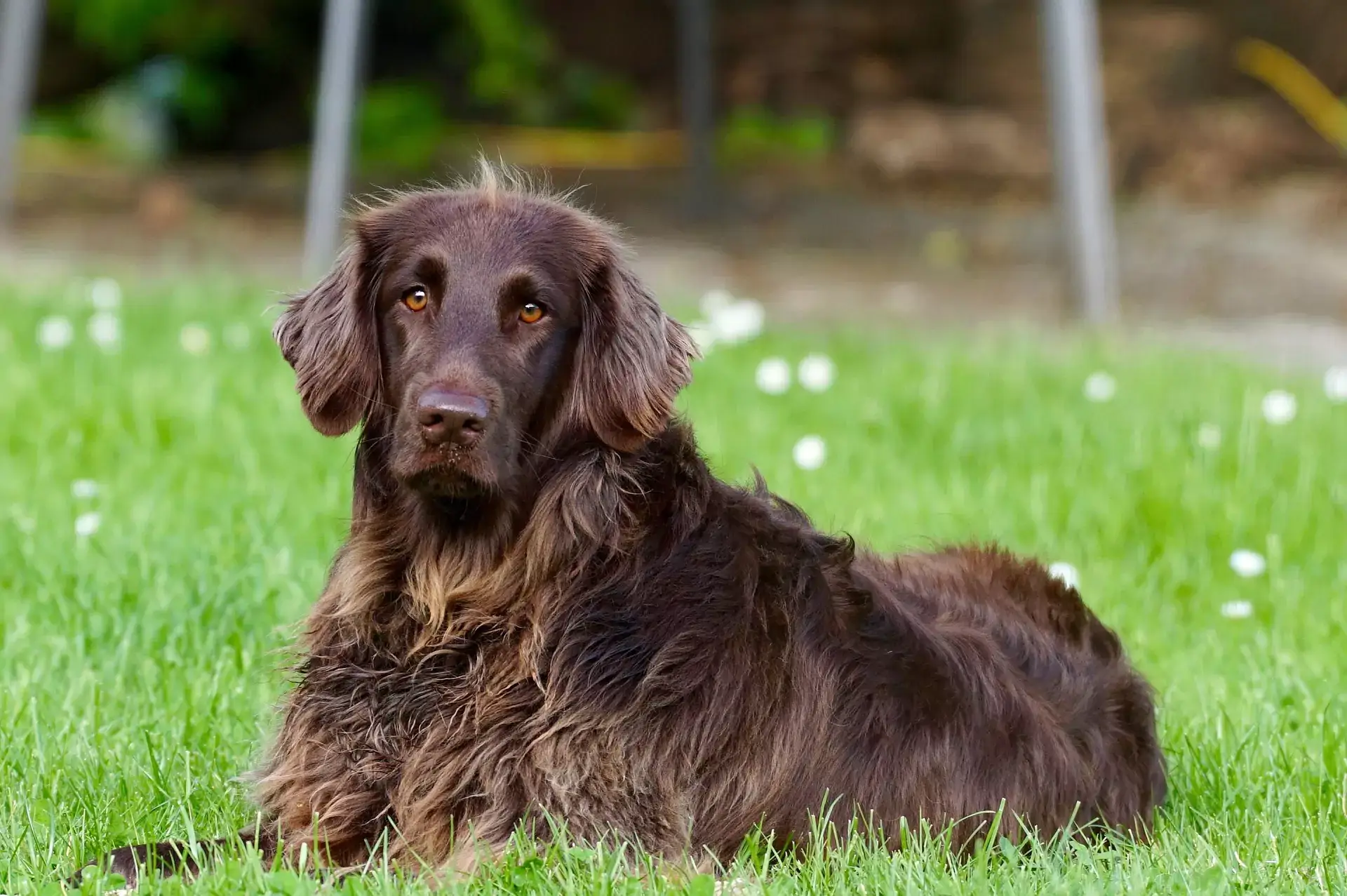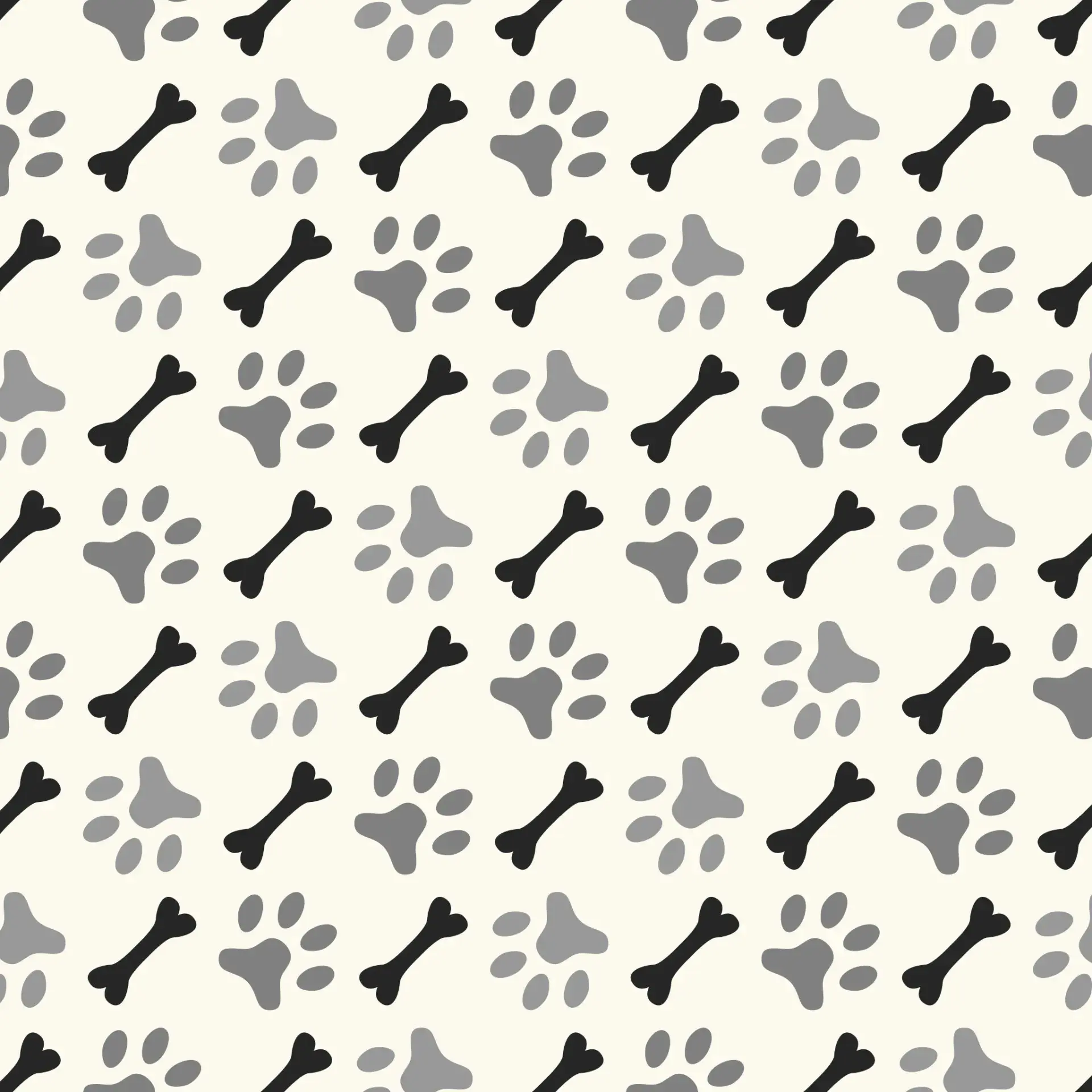August is Rawgust, a time to talk about raw feeding for pets. This practice has both fans and detractors and, but can be very beneficial. A local Aurora, CO vet offers some insight on the topic in this article.
History
Back in 1993, Dr. Ian Billinghurst proposed the Bones and Raw Food or Biologically Appropriate Raw Food system, which has the rather unappetizing acronym of BARF. The thinking was that raw food diets are closer to what our canine companions would eat in the wild than processed kibble, and is therefore better for them.
Options
There are several options for raw food diets. You can of course go homemade. The benefits of this are that you can easily customize it. This is wonderful for pets with specific dietary needs. Another option is the frozen raw diet, which is faster and easier than home-prepped stuff. Then there is the freeze-dried raw diet. You can buy these foods prepackaged, then add water to rehydrate them before offering them to your four-legged friend. Or, just offer them as treats.
Benefits Vs. Risks
Raw food diets have several benefits. These include healthier coats, fewer allergies, better digestion, good dental health, healthier joints and ereduced obesity rates. Raw foods can also help with hydration, as raw foods have a much higher water content than kibble. You may also find it easiest to prepare foods in bulk, and then freeze them.
That said, there are a few drawbacks. The biggest concerns are the possibility of contamination and/or parasites. Proper handling, storage, and sourcing is crucial. Feeding raw can also be a bit messy. And, if you prepare meals in advance to freeze them, you’ll need quite a bit of freezer space. Ask your vet for more information.
Tips
At the end of the day, doggy diets—raw or no—really should be customized to each pup’s specific needs. It’s important to get some advice that is specific to your furry friend and his nutritional needs. You may also want to explore incorporating a certain percentage of raw foods into Fido’s diet, without going all the way. Fido will still benefit! Keep in mind that any dietary changes should be made slowly, and only after talking to your vet.
Do you have questions about feeding Fido? Feel free to contact us, your local Aurora, CO animal clinic, for all of your furry pal’s veterinary care needs.







